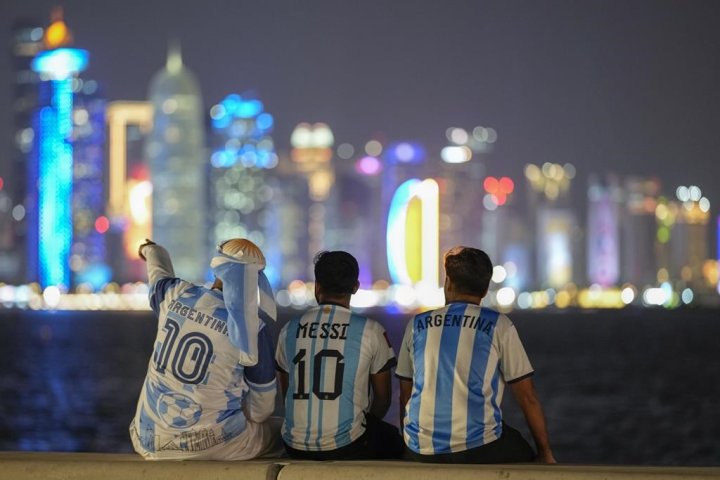
The Impact of the World Cup on Toronto and Vancouver Tourism: Uncertainty Surrounds the Potential Boost
The FIFA World Cup is undoubtedly one of the most anticipated sporting events worldwide, captivating the attention of millions of football fans around the globe. As cities across the world bid to host this prestigious tournament, there is always an air of excitement and anticipation surrounding the potential economic and tourism benefits that come with it. In Canada, Toronto and Vancouver have emerged as two major cities with the potential to host future World Cup matches, but uncertainty looms over the actual impact it may have on their tourism industries.
Toronto and Vancouver are no strangers to hosting large-scale international events. Both cities have successfully organized major sporting events in the past, such as the Pan American Games and the Winter Olympics, respectively. These events have showcased their ability to handle large crowds, provide top-notch infrastructure, and offer a memorable experience for visitors. However, the World Cup presents a unique set of challenges and opportunities that may differ from previous events.
One of the key factors that could impact the potential boost in tourism is the timing of the World Cup matches. The tournament typically takes place during the summer months, which coincides with peak tourist season in both Toronto and Vancouver. This could lead to a surge in visitor numbers as football enthusiasts from around the world flock to these cities to witness the matches firsthand. The influx of tourists would undoubtedly bring economic benefits to local businesses, hotels, restaurants, and attractions.
Additionally, hosting World Cup matches would put Toronto and Vancouver on the global stage, increasing their visibility as tourist destinations. The exposure generated by such a high-profile event can have long-lasting effects on tourism, attracting new visitors who may not have considered these cities before. The media coverage and international attention would highlight the unique cultural offerings, natural beauty, and diverse experiences that Toronto and Vancouver have to offer.
However, there are also uncertainties surrounding the potential boost in tourism. One of the main concerns is the cost associated with hosting the World Cup. The infrastructure upgrades, security measures, and logistical requirements can be substantial, putting a strain on the city’s resources. The investment required to meet FIFA’s standards and expectations may not always yield immediate returns, and there is a risk that the economic benefits may not outweigh the costs.
Another factor to consider is the competition from other host cities and countries. The World Cup is a global event, and countries like Brazil, Russia, and Qatar have already hosted or are scheduled to host the tournament in the coming years. This means that Toronto and Vancouver would be competing with these established destinations for tourists’ attention and travel dollars. The allure of experiencing football matches in iconic stadiums like Maracanã in Rio de Janeiro or Luzhniki in Moscow may overshadow the appeal of Canadian cities.
Furthermore, the uncertainty surrounding the COVID-19 pandemic adds another layer of complexity to the potential impact of the World Cup on tourism. The pandemic has severely disrupted international travel and tourism, and its long-term effects are still unknown. Depending on the state of the pandemic at the time of the tournament, travel restrictions, health protocols, and public sentiment towards large gatherings could significantly impact visitor numbers.
In conclusion, while hosting World Cup matches in Toronto and Vancouver has the potential to boost tourism, there are uncertainties surrounding its actual impact. The timing of the tournament, competition from other host cities, the cost of hosting, and the ongoing effects of the COVID-19 pandemic all contribute to this uncertainty. However, if managed effectively, the World Cup could provide a significant opportunity for these Canadian cities to showcase their strengths, attract new visitors, and leave a lasting legacy in their tourism industries.

